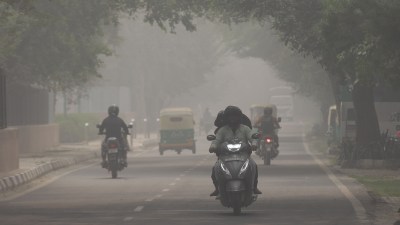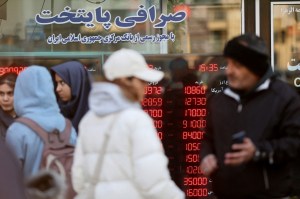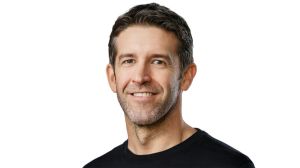Both candidates embrace diplomacy
Tone struck by McCain and Obama contrasts with that of recent political campaigns.

Over the past decade, John McCain has dismissed France and Germany as unreliable allies, suggested that the United States would attack North Korea even if South Korea objected, and called for 8220;rogue-state rollback8221; to help 8220;overthrow odious regimes that rule these states.8221;
But, campaigning for the presidency this year, the Republican from Arizona has struck a different tone. 8220;We must be willing to listen to our democratic allies,8221; he wrote in Foreign Affairs magazine. 8220;Being a great power does not mean that we can do whatever we want whenever we want, nor should we assume that we have all the wisdom, knowledge, and resources necessary to succeed. To be a good leader, America must be a good ally.8221;
Diplomacy is back.
In sharp distinction with other recent presidential contests, the candidates from both major parties now equate American strength overseas with a willingness to work closely with other nations and within international institutions. Thus McCain and Barack Obama, are battling over who can best work with allies, engage nations and raise the US8217; global standing. The two even made highly publicized overseas trips in the midst of their campaigns, with Obama meeting leaders in West Asia and Europe, and McCain making similar stops.
In the 2004 campaign, by contrast, President Bush scorned the Democratic nominee, John F Kerry, for suggesting that US foreign policy needed to pass a 8220;global test8221; to be legitimate. In the 1996 race, Republican Robert J Dole railed against the United Nations, spitting out with scorn the name of then-UN Secretary General Boutros Boutros-Ghali. In 1992, the campaign of Democratic challenger Bill Clinton printed T-shirts mocking the 8220;around-the-world tour8221; of President George H W Bush, listing every country he had visited amid a period of US economic turmoil.
Robert Kagan, a foreign policy expert who has advised the McCain campaign, said the current campaigns are responding to a feeling among Americans that the US image has faltered among other democracies, in part because of the detention of terrorism suspects at Guantanamo Bay, Cuba, and allegations of torture. 8220;Clearly, Americans 8212; and not just the liberal elites 8212; are not happy with the bad reputation we have around the world,8221; he said. 8220;We do care what others think.8221;
The worldwide economic crisis may further force the next president to work closely with other nations; the global flow of investments makes it all but impossible for any country to go its own way on international economic policy.
David Rothkopf, a visiting scholar at the Carnegie Endowment for International Peace and former Commerce Department official, said the next president will have an opportunity to work with other nations to reshape and revitalize international institutions such as the IMF and the WTO. 8220;It is going to fall to the next president to be the architect of these new institutions 8212; the first since Truman,8221; he said.
- 01
- 02
- 03
- 04
- 05































